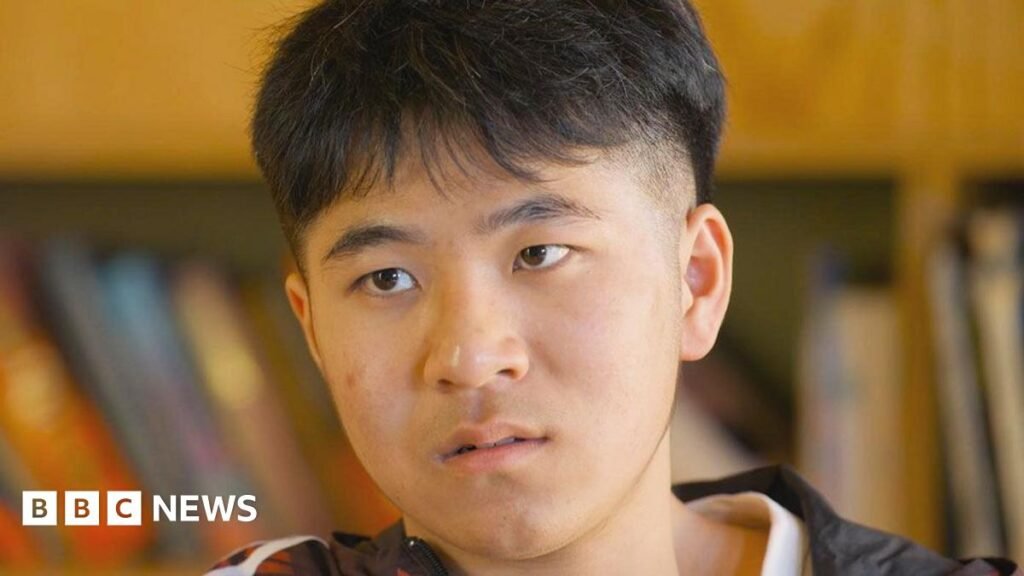We asked Professor Thomas Schulze, president-elect of the World Psychiatric Association, to review these notes. He replied:
“Because of what is described here, no one should be involuntarily admitted and treated against their will. It reeks of political abuse.”
Between 2013 and 2017, more than 200 people reported being wrongfully hospitalized by authorities, according to a group of citizen journalists in China that documented violations of the Mental Health Law.
Their reporting ended in 2017 because the group’s founder was arrested and subsequently imprisoned.
For victims seeking justice, the justice system seems stacked against them.
A man we call Mr. Lee, who was hospitalized in 2023 after protesting against the local police, tried to take legal action against the authorities for his imprisonment.
Unlike Junjie, doctors told Mr. Li he was not sick, but the police then appointed an outside psychiatrist to examine him, who diagnosed him with bipolar disorder, and detained him for 45 days.
After being released, he decided to challenge the diagnosis.
“If I don’t sue the police, it’s like admitting I’m mentally ill. This will greatly affect my future and my freedom, because the police can use this as a reason to lock me up at any time,” he says.
In China, the records of anyone ever diagnosed with a serious mental health disorder can be handed over to the police and even to local residents’ committees.
But Mr. Lee did not succeed – the courts rejected his appeal.
“We hear our leaders talk about the rule of law,” he told us. “We didn’t even think that one day we could be locked up in a mental hospital.”
The BBC found 112 people listed on China’s official court judgments website as trying to take legal action against the police, local authorities or hospitals for such treatment between 2013 and 2024.
About 40% of these plaintiffs were involved in complaints against the authorities. Only two won cases.
And the site appears to be censored – five other cases we investigated are missing from the database.
The fact is that the police enjoy “considerable discretion” in dealing with “disturbers”, according to Nicola McBean of The Rights Practice, a rights group in London.
“Sending someone to a mental hospital, bypassing procedures, is too easy and too useful a tool for local authorities.”

